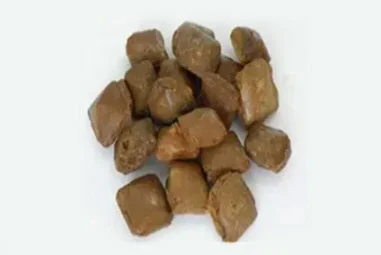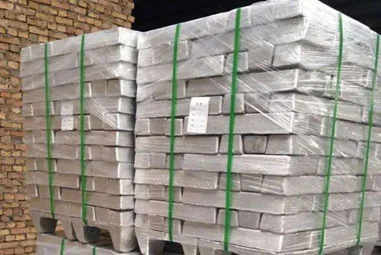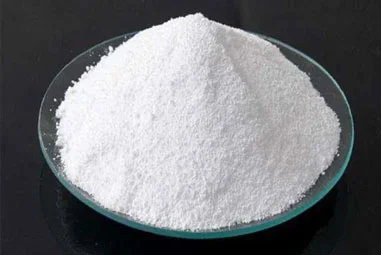Petroleum coke is a by-product of the petroleum refining process, produced by the delayed coking process. The delayed coking process has the characteristics of being mature, having a strong adaptability to raw materials, and low investment costs in handling residue oil. As the quality of crude oil becomes heavier and worse, the scale of delayed coking units continues to expand, resulting in an increasing production of petroleum coke, mainly high-sulfur petroleum coke. Petroleum coke is characterized by its high carbon content and high calorific value, and is mainly used in industries such as cement, electrolytic aluminum, steel, glass, power plants, and chemicals. With the intensification of environmental protection efforts, China is currently facing the challenge of making the use of pet coke use in cement industry both environmentally friendly and economical.
International large cement enterprises use petroleum coke extensively as fuel in production. In cement production, the SO2 generated by the combustion of petroleum coke reacts with alkaline oxides and calcium oxide to form sulfates, which fix most of the sulfur elements in the cement clinker, becoming a part of cement and achieving ultra-low sulfur emissions. International large cement companies have mature technological equipment for using petroleum coke and have accumulated a wealth of experience. In 2018, China's cement production was 2.21 Gt, accounting for 55.95% of the global total, but the Chinese cement industry mainly uses coal as fuel, with the application of pet coke use in cement industry being only 0.439 Mt, accounting for only 0.2‰.
In the production of ordinary cement, petroleum coke is processed into petroleum coke powder through a grinding system. The petroleum coke powder enters the burner at the kiln head and the decomposing furnace for combustion, generating high-temperature flue gas for use in the rotary kiln and decomposing furnace. The application of petroleum coke in the white cement industry is broadly similar to its application in the ordinary cement industry but requires high calorific value fuel with low ash content and Fe2O3 content. Petroleum coke as a fuel can well meet this demand.
In the application of pet coke use in cement industry, the sulfur elements in petroleum coke react with various alkaline oxides to form sulfates, with only a small amount circulating in the material and high-temperature flue gas, while others are solidified in the clinker, becoming part of the cement, achieving ultra-low sulfur emissions.
In 2018, China's cement production reached 2.210 Gt, while the application of pet coke use in cement industry in 2016, 2017, and 2018 was only 485.0, 816.0, and 439.0 kt, respectively, still in a state of limited usage. The prospects for the application of high-sulfur pet coke use in cement industry depend on policy requirements, the cost-performance ratio of petroleum coke, the stability of supply, and other petroleum derivatives. Existing cement companies need to invest a large amount of funds, modify existing production equipment, and develop processing technology to burn petroleum coke, or build new cement plants using petroleum coke. Therefore, companies need to ensure a long-term stable supply of cost-effective petroleum coke and meet all aspects of environmental and other policy requirements.


